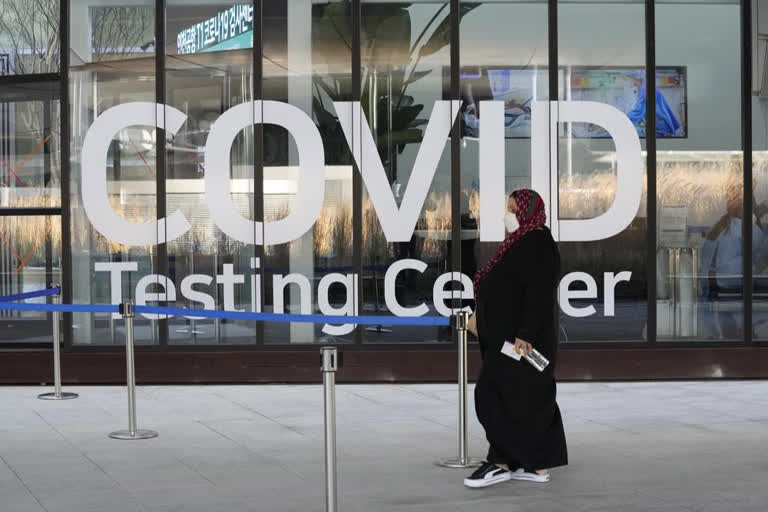(Manila) Philippines: Measures used to counter the delta variant should remain the foundation for fighting the coronavirus pandemic, even in the face of the new omicron version of the virus, World Health Organization officials said Friday, while acknowledging that the travel restrictions imposed by some countries may buy time.
While about three dozen countries worldwide have reported omicron infections, including India on Thursday, the numbers so far are small outside of South Africa, which is facing a rapid rise in COVID-19 cases and where the new variant may be becoming dominant. Still, much remains unclear about omicron, including whether it is more contagious, as some health authorities suspect, whether it makes people more seriously ill, or whether it can evade vaccine protection.
“Border control can delay the virus coming in and buy time. But every country and every community must prepare for new surges in cases,” Dr. Takeshi Kasai, the WHO regional director for the Western Pacific, told reporters Friday during a virtual news conference from the Philippines. “The positive news in all of this is that none of the information we have currently about omicron suggests we need to change the directions of our response.”
That means continuing to push for higher vaccination rates, abiding by social-distancing guidelines, and wearing masks, among other measures, said WHO Regional Emergency Director Dr. Babatunde Olowokure.
He added that health systems must “ensure we are treating the right patients in the right place at the right time, and so therefore ensuring that ICU beds are available, particularly for those who need them.”
Kasai warned: “We cannot be complacent.”
WHO has previously urged against border closures, noting they often have limited effect and can cause major disruptions. Officials in southern Africa, where the omicron variant was first identified, have decried restrictions on travelers from the region, saying they are being punished for alerting the world to the mutant strain.
Also Read:Frequently Asked Questions on new COVID Variant- Omicron
Scientists are working furiously to learn more about omicron, which has been designated a variant of concern because of the number of mutations and because early information suggests it may be more transmissible than other variants, Kasai said.
